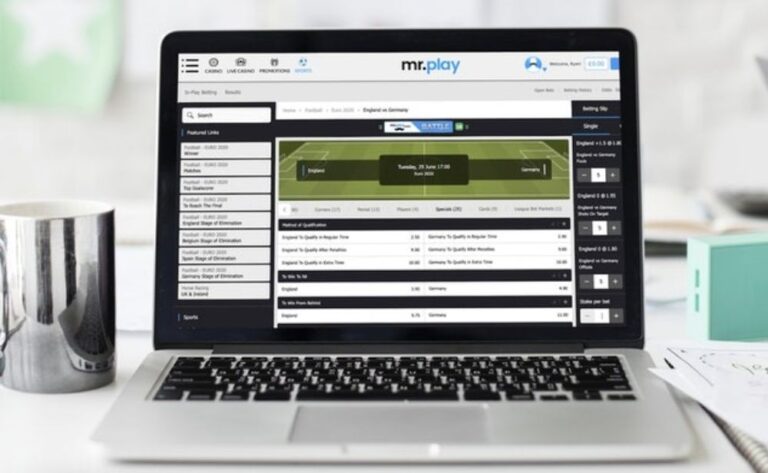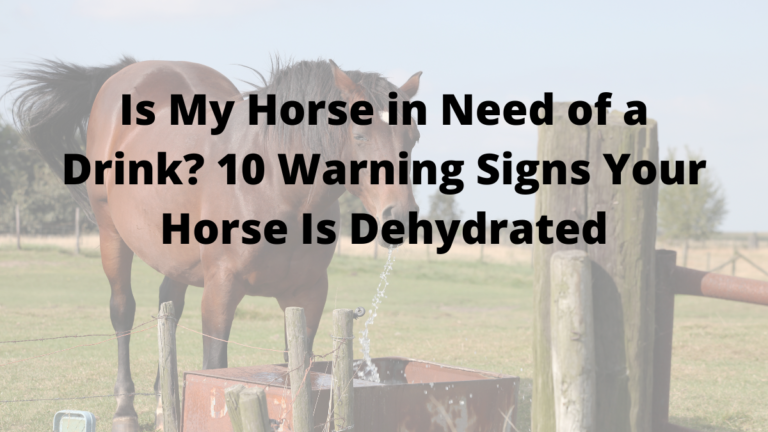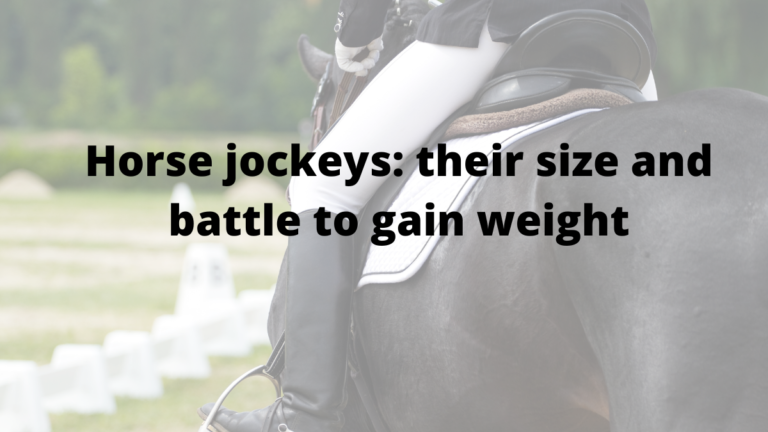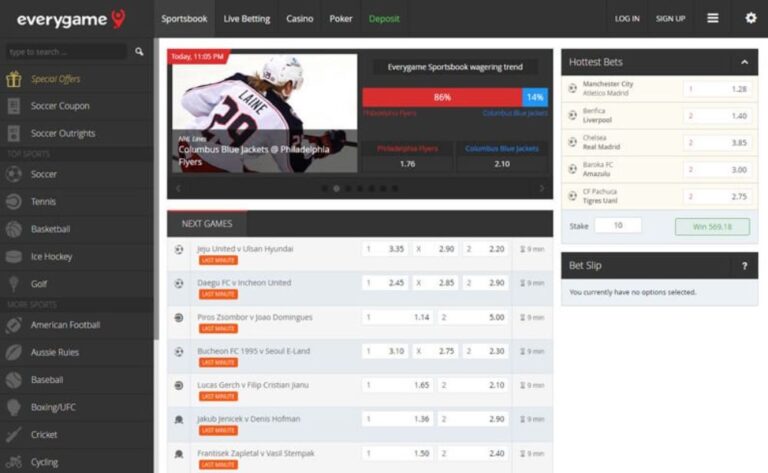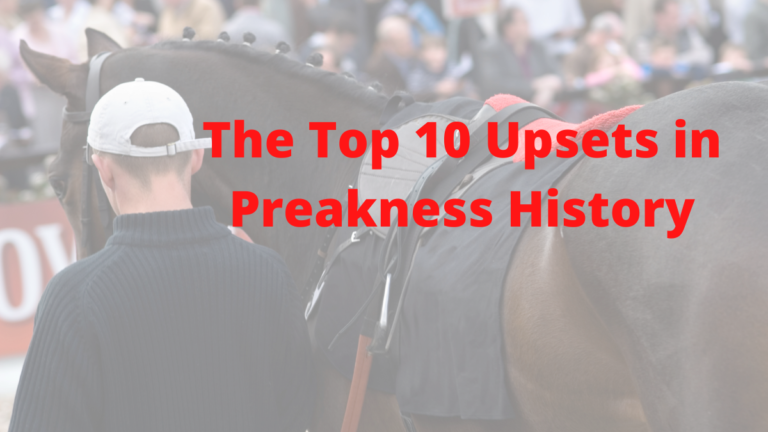Avoid These 9 Horse Racing Betting Mistakes
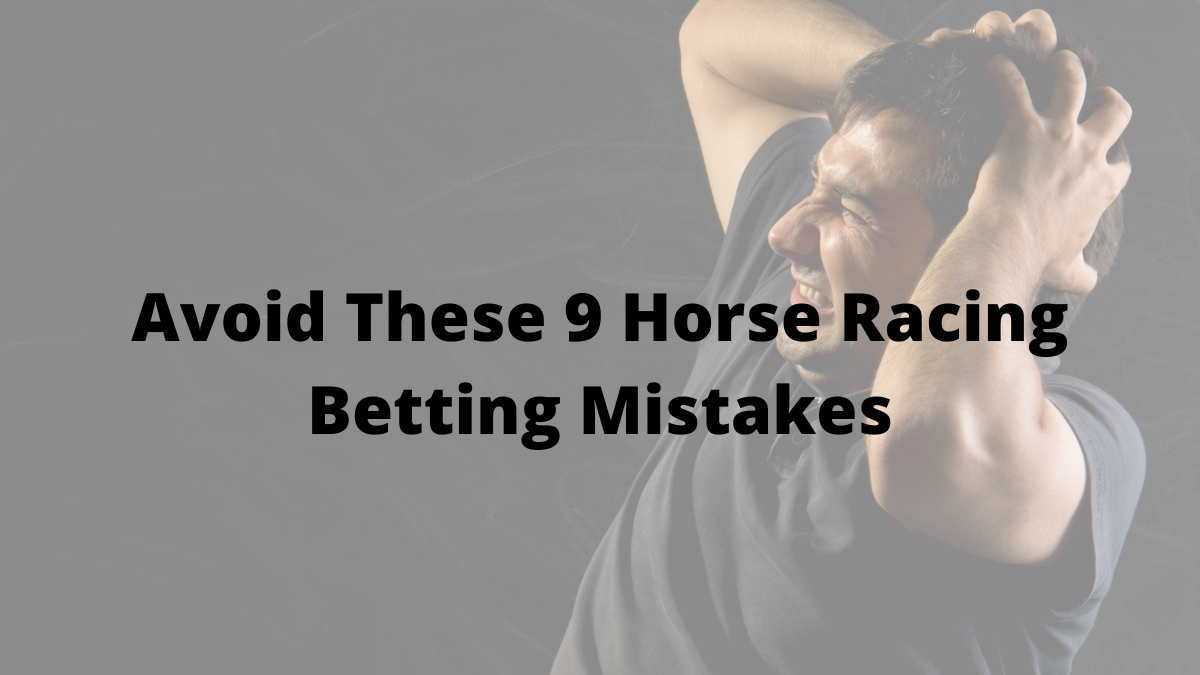

You’ve probably witnessed some of the following horse racing betting errors if you’ve spent any time at the track. And if we’re being sincere, you might have even created one or two of them. Indeed, I have.
While some of the errors we’ll discuss, like chasing, are common to all kinds of gambling, the horse racing industry presents the bettor with a variety of new difficulties and chances to succeed as well as the opportunity to learn from others’ errors.
Here are nine of the most typical errors spectators typically commit at racetracks.
Taking a Chance on Favorites
Everyone has heard the proverb, “Wager the favourite if you don’t know which horse to bet.” So long as you have independently verified that the favourite is, in fact, the horse with the best chance of winning, there is nothing inherently wrong about betting on the choice to win.
But to throw money at a morning-line favourite carelessly is to make fun of Lady Luck in front of her pals. There is never any benefit from that.
Reality Check: About one-third of the time, the morning line’s selection of favourites is accurate. Yes, the M/L favourite wins more frequently, but at extremely low odds. Nobody will ever get wealthy by purchasing performance tickets for a popular. You’ll ideally lose a little more gradually.
Betting on the favourite shouldn’t be on your to-do list unless you’re seeking a first-rate opportunity to make even less on your money than your interest-bearing checking account does.
Gambling too soon
Horse betting uses a pari-mutuel system, which means that the entire amount staked on each horse is used to calculate the actual odds paid. As a result, track odds aren’t determined until post time, when the betting windows declare “no more bets” and the totalizer (the tote board) determines the track odds in force.
On the other hand, morning-line odds are informed projections about what the final betting ratios would be and were generated a day or two before the race. They can also be very different from the last track odds.
Your horse, the Batman, is given 12/1 odds on the morning line. This indicates that the track’s engaged a handicapper who believes those odds will be in place when the race’s starting gun fires.
Finding the horse that is most likely to win but that the rest of the betting public seems to have neglected should be your trick (the same one used by those in the know).
Your longshot sleeper may occasionally be revealed to the public, in which case you will get to watch in horror as his track odds drop to even money. The money you were planning to stake would still be securely in your pocket if you had waited to place your wager until just before post time. By then, you would have realized that the bet no longer warranted the risk.
Put your money on the line as soon as the race kicks off. And if you must, avoid placing a wager. It’s surprising how frequently “not losing” is almost as pleasant as succeeding.
Bet on Catchy Names
You’re better than that, so come on. You are well aware that a horse’s name has virtually little bearing on how likely it is to succeed.
Also, don’t place the wager in an erroneous effort to honour the proprietors for coming up with a catchy name. Even though the horse’s name, Hoof Hearted, is hilarious, the person who came up with it won’t get any of your wager money.
Consider starting over and reading through our horse racing betting basics, whether you’re new to horse betting (and only bet on horse names you like) or need a refresher.
No stinking bankroll management is required.
You have a significant handicap. You move into the exclusive jockey club, where the wealthy and famous hang on your every word. You are the most intriguing person in the room and are well-mannered and restrained.
Until the seventh race, that is, you only have one lonely fiver in your wallet and haven’t even had a hot dog. It’s time to eat or place a desperate wager on the 20/1 sleeper in race eight. Which one will it be?
Everyone has heard the irritating adage, “If you don’t plan, you plan to fail.” And despite our best efforts, the smug jerk from HR who always finds a way to incorporate it into PowerPoint presentations is still to blame.
Plan your spending and make sure you have enough cash on hand to seize unanticipated possibilities. And get a banana daiquiri with a paper umbrella for yourself. You are currently the fascinating person in the room.
Unsure about how to handle your finances? Learn why bankroll management is crucial and how to get the most out of your money by reading our tutorial.
Unable to comprehend the wager
Nobody is born understanding the distinction between an exacta and a daily double or between a trifecta and a pick-three. Avoid betting on any of those if you are unfamiliar with them until you are informed.
You owe it to yourself to earn a graduate degree in accumulator expertise, even if you only put straight win-place-show bets. Why? Because accumulator wagers, such as pick-three and pick-six wagers, can make modest bets into significant wins.
Therefore, you must research the horses, riders, and trainers for each horse that will run in the races you are “accumulating.” Hey, if it were simple, everyone would do it.
Read up on our guide to horse racing betting in the United States to ensure you’re betting on the right race and aiming for the right bet.
Not Concentrating on the Jockey
A skilled jockey can improve a good horse, and a wrong horse can become successful, but it cannot run the race for the animal. However, a jockey with a 35% winning percentage is something to behold (Joel Rosario, one of the top five jockeys in the world, has a career win rate of 18% ).
But none of the jockeys who compete today belongs to that league. Some haven’t realized their full potential or are just getting started.
A typical novice jockey might finish first in 5–10% of his races. Despite the apprentice weight allowance, which reduces the horse’s load by 5-7 pounds, novice jockeys are typically not a wise investment.
So get to know the riders at the track of your choice. You’ll probably come across some generally unattractive mid-list jockeys who have ridden one or two horses to unexpected success—but they’re competing today. You want to keep an eye out for that jockey-horse combination.
All about the Speed
You can utilize speed numbers, whether they are from Beyer or Equipage, to guide your wagering decisions on any given racing day. However, they don’t always point to winners. I’ve seen horses only place or show while recording triple-digit speed numbers on Equipage.
I’ve also saw horses with subpar speed figures triumph. Speed figures are frequent enough that I’m wary of relying on them for anything other than what they are—benchmarks for how that horse performed on that day, at that track, with that jockey, and in those particular weather conditions.
Everyone knows that one horse will always outrun the others, but which one? Speed data should be a part of your handicapping strategy, but remember that a strong speed figure on a turf course is insufficient to predict a horse’s performance on a dirt track.
Betting on AWTH
Ah, what the heck, often known as AWTH, is a terrible betting tactic.
This is how it works: You’ve been struggling all day. After what must have been hours of research and calculations, every horse you chose did nothing but follow the other horses to the finish line. The horses seem to be losing to get even with you, practically.
Then you notice it. The bay horse named Batman, who is four years old, is listed as a 50-1 long shot right there on the race form.
It’s almost as if the skies are telling you that this is where the rainbow ends. Maybe today is Opposites Day, and a 50/1 long shot is the correct bet, given that all of your supposed winners have turned out to be anything but.
Chasing
a technique related to placing AWTH wagers is an expanded form of the same thing. To avenge yourself, you’re seeking that elusive victory.
They are chasing dates back to the time when Roman troops fashioned animal bones into dice to pass the time between raids on the Parthian Empire. Poker players are well aware of this, and punters should be careful to avoid falling prey to the same temptation.
As the Texas Holdem mania spread internationally, the idea of pursuing has become widely used. A harsh word yelled anytime someone completes poker players created a flush or a gut-shot straight on the final card by adding “the river” to the term.
Throwing good money after bad may be a terrific way to show your bookie some love, but your bankroll won’t be screaming your praises if you do so.
They might sit a few hands out and get a cheeseburger. They might decide to call it a day.
If you enjoy placing wagers on the horses, make sure you have the skill—the one that gives you the restraint to back off when you notice yourself leaning toward desperate measures—in your gambling toolkit. Always listen to your brain when your heart is telling you to do something that your brain knows would harm you.

